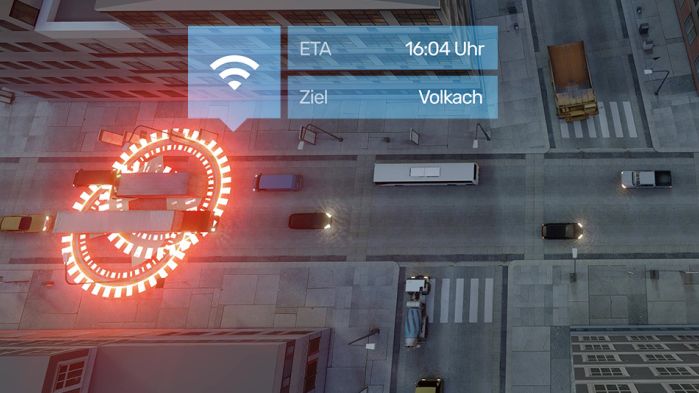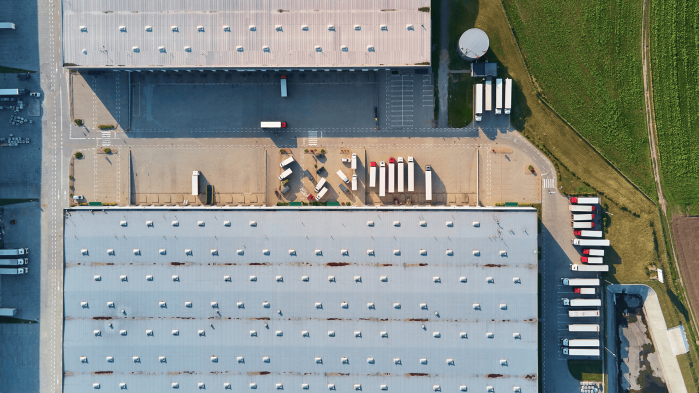Many logistics service providers understandably respect working with e-commerce retailers. After all, private customers are quite demanding as recipients when it comes to transport processes, delivery times and possible additional services. This makes the coordination and control of these processes more demanding, but by no means impossible. With the right IT infrastructure, all planning processes can be automated, while integration via APIs ensures that freight forwarders, online retailers and all other parties involved along the supply chain are in constant exchange – this makes order fulfilment much easier.
A digital process chain that transmits information in real time improves general communication, avoids time-consuming queries or searches for recipient data and creates overall transparency about the delivery status. Ultimately, it is not only the private customer sub-sector that benefits from this linking of the individual sub-processes, but the entire standard business of the freight forwarder – a win-win situation, so to speak!



